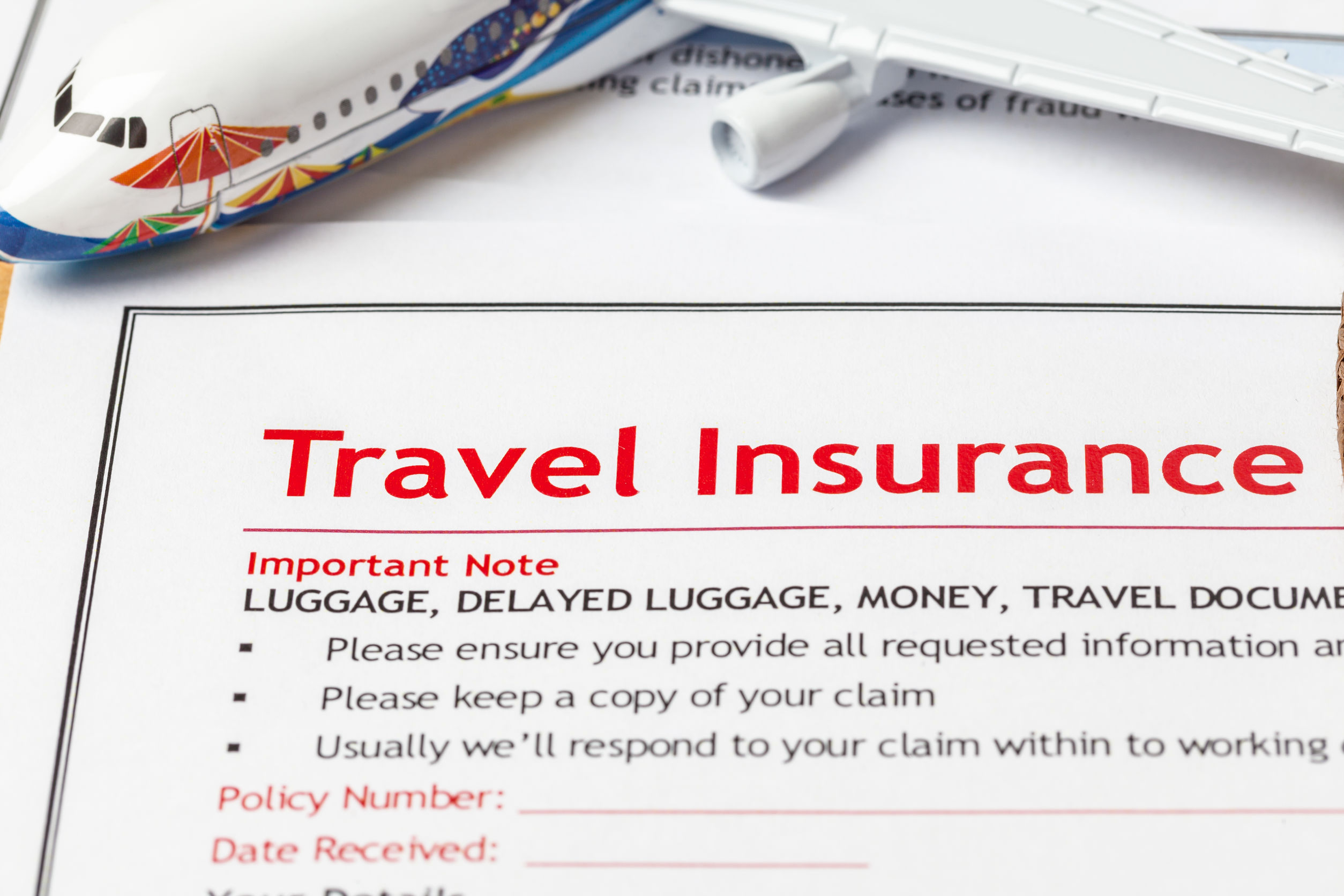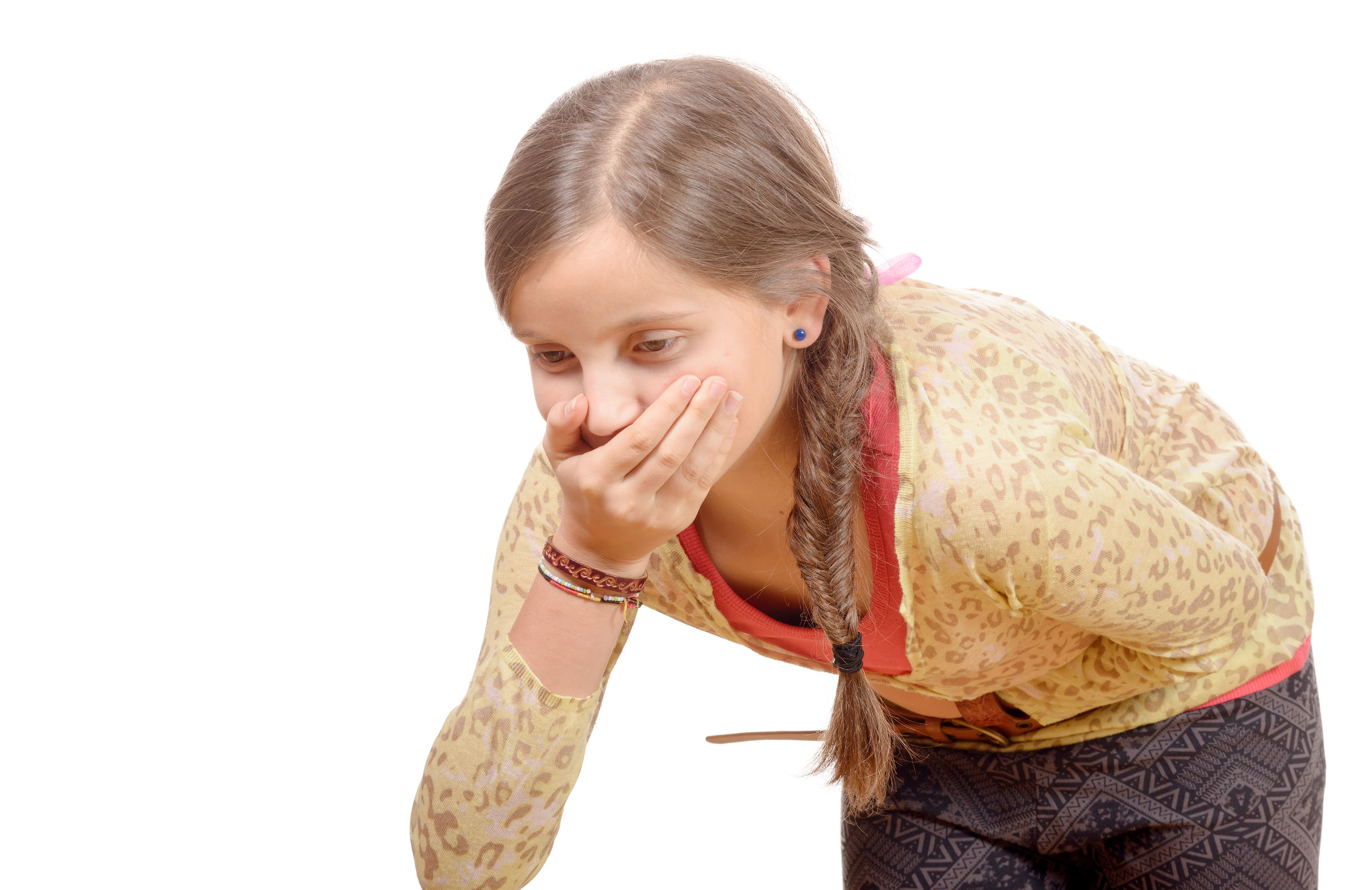Are you traveling with your children over spring break? Use these tips to keep your kids safe while you enjoy your family vacation.
Prepping for Your Trip
Since a trip to the emergency room is needed in a shocking 25 percent of all family vacations, it’s wise to prepare ahead of time for family safety.
Medical Kit
Make sure to take a medical kit along. If any of you are on prescription medications, it’s important to pack your medicine and dosage information just in case you need to head to the hospital. Any other important information, such as reports of recent illnesses or surgeries and your child’s immunization records, should be packed to help travel doctors in case of injury.
It’s wise to pack pain relievers, allergy medicine, and treatments for colds so you don’t have to make an emergency run. Consider also packing cough drops, bandages, antibacterial ointments, and a thermometer. Motion sickness remedies are a must, along with antibacterial gel, and wipes to keep viruses from spreading.
If you are flying, be sure that everything in your kit will pass inspection. It will help to buy items in pill or chewable form instead of liquid forms when possible.
Research
Check if your child’s pediatrician will be available for phone calls or video chats in case an unexpected situation arises. Your insurance provider may also offer a round-the-clock consultation service, which can come in handy if problems arise overnight.
Also make sure you locate the closest emergency services to your destination. Then you’ll be prepared for the worst and avoid scrambling for answers in a stressful moment.
Travel Insurance
If you or your child ends up needing hospitalization during your trip, travel insurance will cover the days you miss of your vacation. It will also help if you are traveling to an area where medical accommodations may not be up to your standards. Choose a policy with evacuation coverage that will allow you to relocate to an area with improved medical care.
Health Apps
A health app such as iTriage can give you information on your child’s symptoms if a doctor isn’t immediately available. Check for other apps that can offer you solid information and download them before your trip begins.
Childproofing Items
If you have young children, pack your own outlet covers, doorknob covers, cabinet and toilet locks, and any other childproofing items you use in your own home.
At Your Destination
Safety doesn’t stop when you arrive at your destination. Here are some things you can do.
Fully inspect the area for any obvious dangers. Place breakable items or liquids up high where your child cannot reach them. Secure trip hazards like electrical cords, and make sure that doors and windows remained locked.
When using childcare providers. If you are leaving your child in another’s care, ask many questions about the care provider. Be sure to get the provider’s contact information. Inspect the area, making sure that it looks clean and that the toys are appropriate for your child’s age. Look over the playground and try to find signs that equipment is broken or unreasonably dangerous.
Check with the hotel. If you are staying in a hotel, ask the hotel manager or front desk crew to direct you to an urgent care facility or recommended doctor. The hotel may have basic medical supplies on hand, such as bandages, pain relievers and cough drops.
You may be able to order chicken broth and orange juice from room service, which can help your child recover from an upper respiratory infection faster. Also, let the front desk know you have a sick child so they can take extra precautions from getting sick when they clean your room.
Be Flexible
Minor injuries and illnesses don’t have to ruin everyone’s spring break. You can modify your plans to stay in your room and enjoy the rest by ordering takeout or room service and pay-per-view movies. Break into groups, sending the healthy ones out so your sick child can rest and recover. Take turns caring for your sick child so the adults can each have fun, too.
Be Alert
If you believe your child was injured due to someone else’s negligence, you may have rights to compensation for your child’s medical treatments.
For example, if your child became ill after eating room service food that may have been undercooked, the hotel may be liable for your child’s medical care. Other examples include injury due to scalding hot water, protruding sharp objects, or slippery floors.
No one can stop every possible accident or injury from occurring, but by being vigilant, you can decrease your child’s chances of being seriously hurt.
About the Author:
Jeffrey Braxton is a trial lawyer in Fort Lauderdale who has devoted his career to the practice of personal injury law. As lead trial attorney for the South Florida Injury Law Firm, Jeff has litigated thousands of cases and is a member of the Million Dollar Advocates Forum, an exclusive group of attorneys who have resolved cases in excess of one million dollars.







